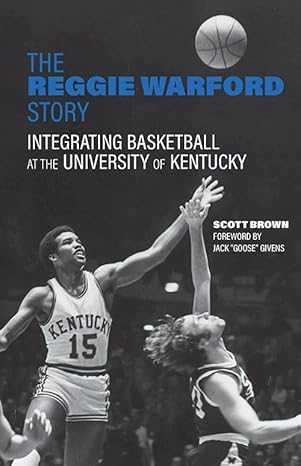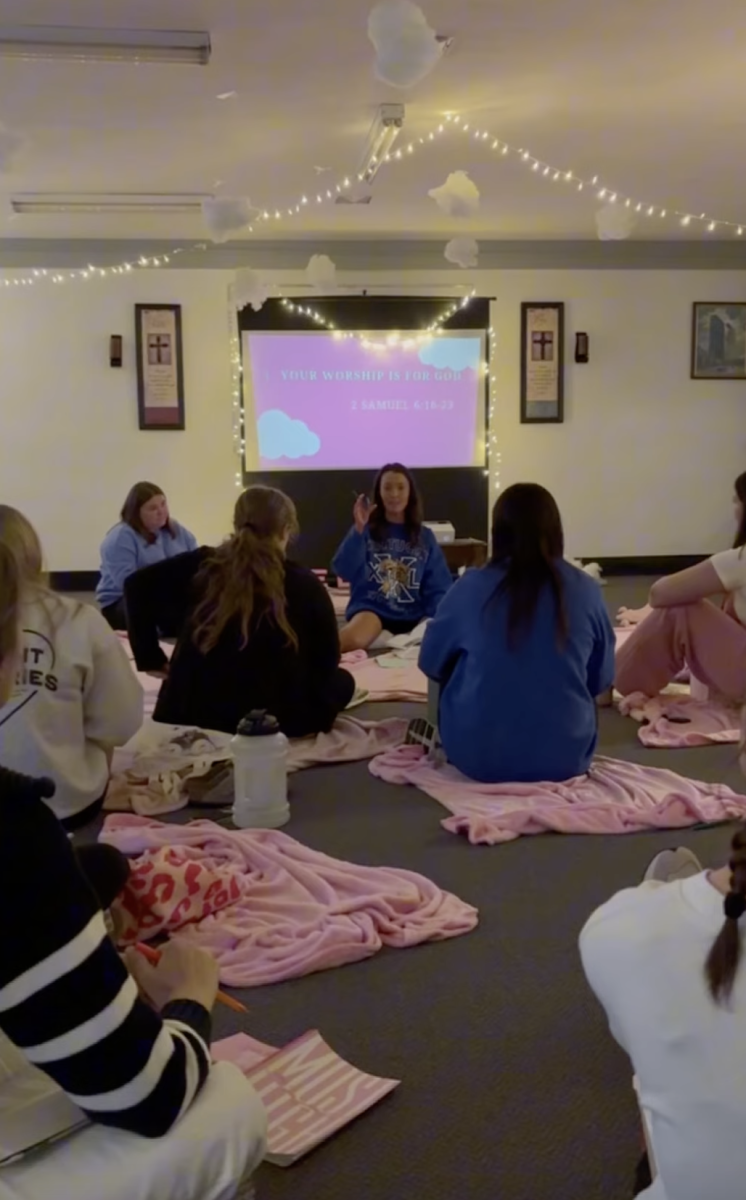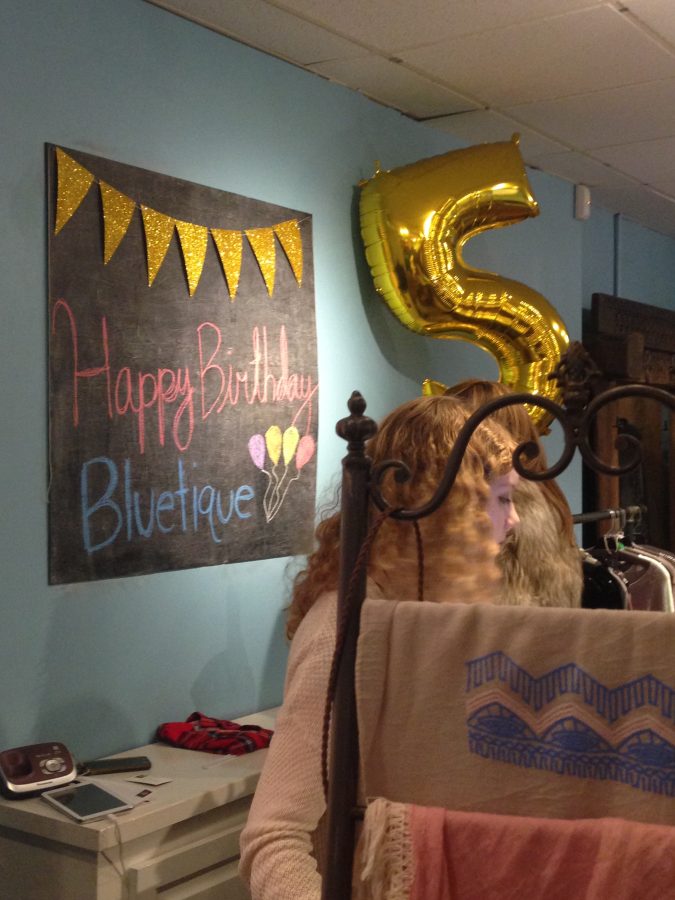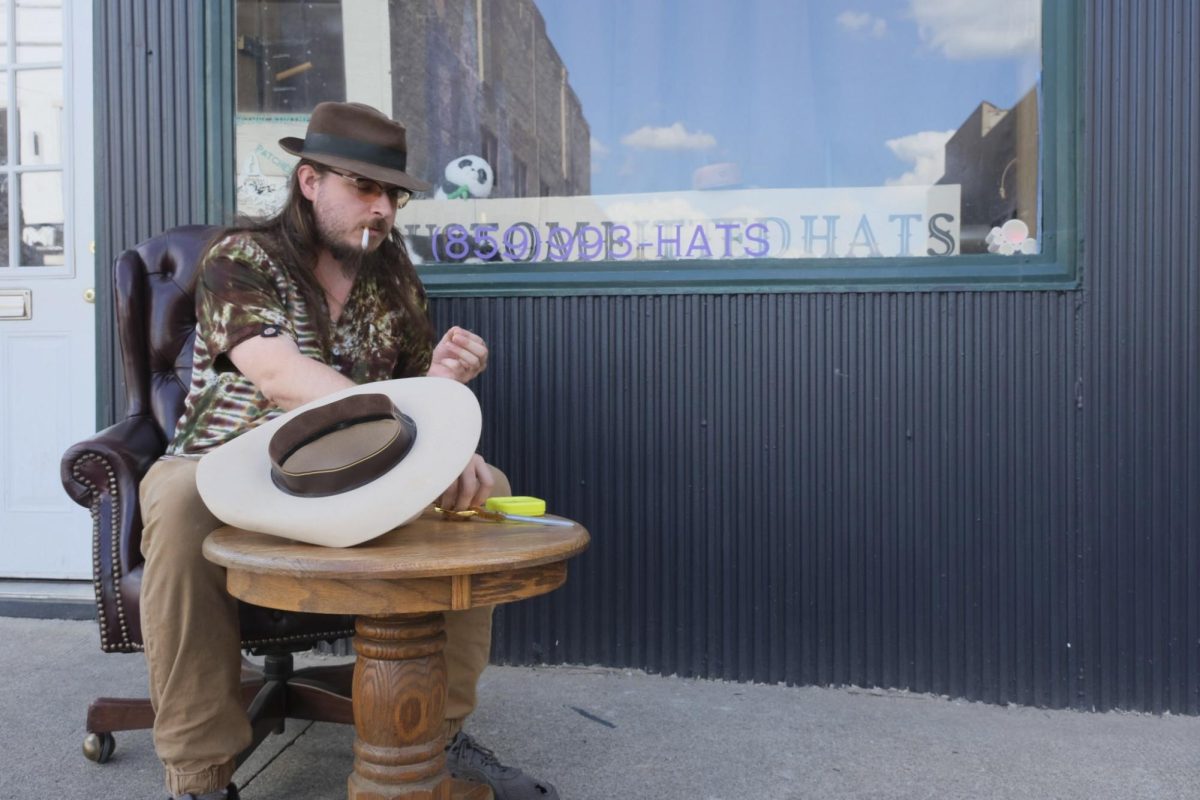Exonerated of murder, a Kentucky man looks to prevent wrongful convictions
March 3, 2016
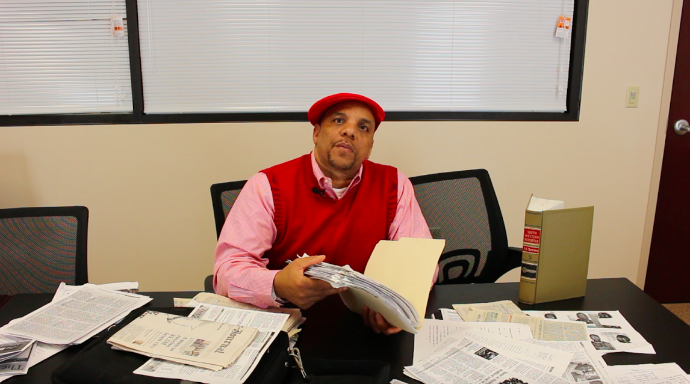
By: Sabirah Rayford
Imagine spending over a decade in prison for a crime you didn’t commit. For Kerry Porter that is his reality.
“There’s no closure or answers,” Porter said. “I can’t get to the answer as to why I was made to do 15 years for a murder they knew or should of known I didn’t do.”
In 1998, Porter was convicted of killing Tyrone Camp, a 35-year-old Louisville truck driver, on Dec. 27, 1996.
Porter was sentenced to 60 years in prison. He served 15 years before untested DNA evidence exonerated him in 2011.
“I told them I didn’t do it. I heard about it on the streets and this is all I know about it,” Porter recalled.
But Porter’s plea of innocence wasn’t enough. The police had an eyewitness who picked Porter out in a lineup.
Porter’s case is not unusual; 72 percent of wrongful convictions involved one or multiple mistaken witness identifications, according to data from the National Innocence Project.
Today, a new piece of legislation might be the key to keeping other innocent people out of prison.
Rep. Johnny Bell, D-Glasgow, has proposed a new bill that would impose stricter laws on the use of eyewitness identification.
House Bill 387, which is also known as the Eyewitness Identification Reform Act, provides procedures for witness identification and implements checks and balances for law enforcement agencies that administer lineups.
“When I hear of things like Mr. Porter — that is what encourages me to move forward,” Bell said. “We’ve all heard about different things that take place in these lineup situations, maybe putting a thumb over someone that needs to be picked.”
Among other things, the bill would require lineups to be conducted by a police officer who is unfamiliar with the case in an effort to prevent coercion. Or the administrator of a photo lineup can know who the suspect is, but they would not know where the suspect would be placed in the photo array when it is shown to a witness.
Bell said it is all about getting it right.
“Once you take a substantial portion of someone’s life you can’t give that back,” he said. “You can compensate them in monetary ways, but what would a person take for a year of their life or 10 years of their life. I mean, for me personally there is no amount of money that I would trade for my time or my freedom.”
House Bill 387 is currently in the Judiciary Committee. Bell told WKYT he thinks the bill will make it through the house and he is hoping it can pass through to the Senate.
For his part, Porter wants to make sure no one else is wrongly convicted. He will be watching this bill closely.
“My only satisfaction was one day I had a little light that shined through that dark cave. That one day I’m going to make these people eat their words and that was my drive,” Porter said.





